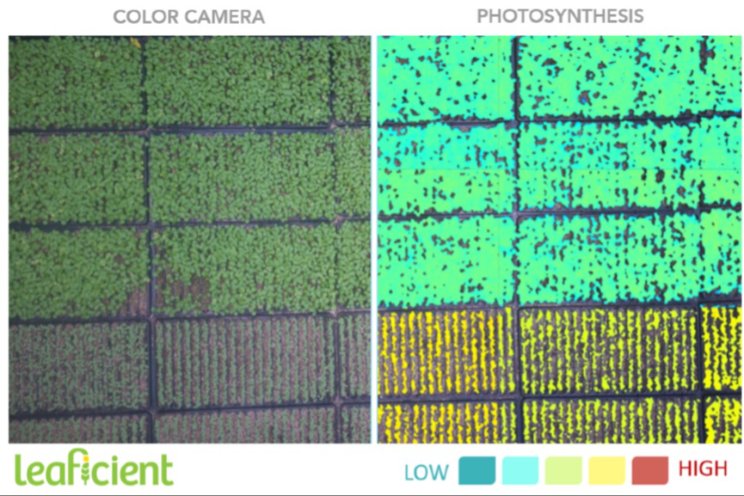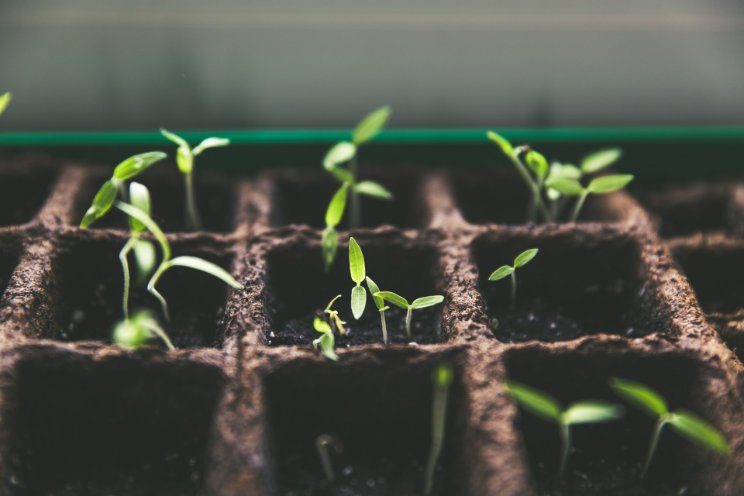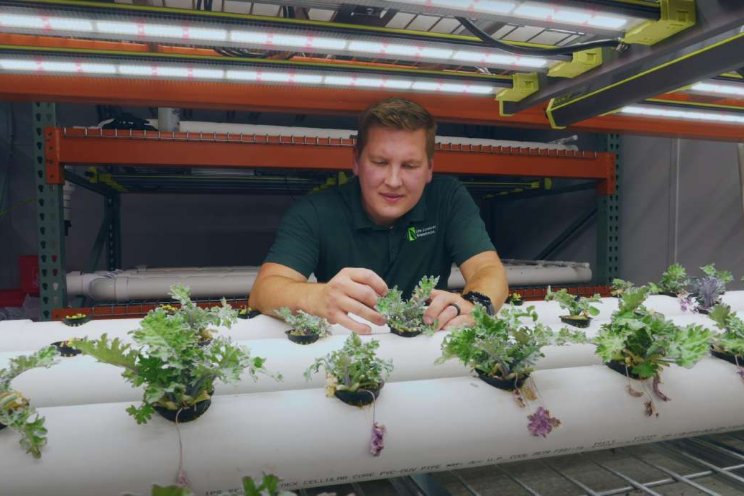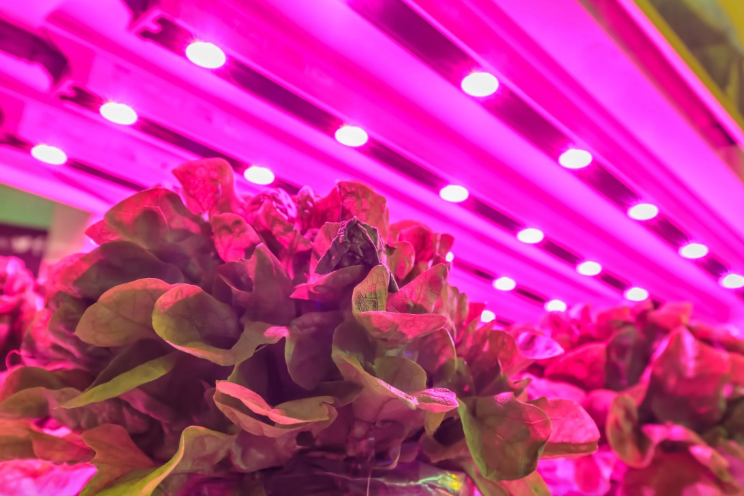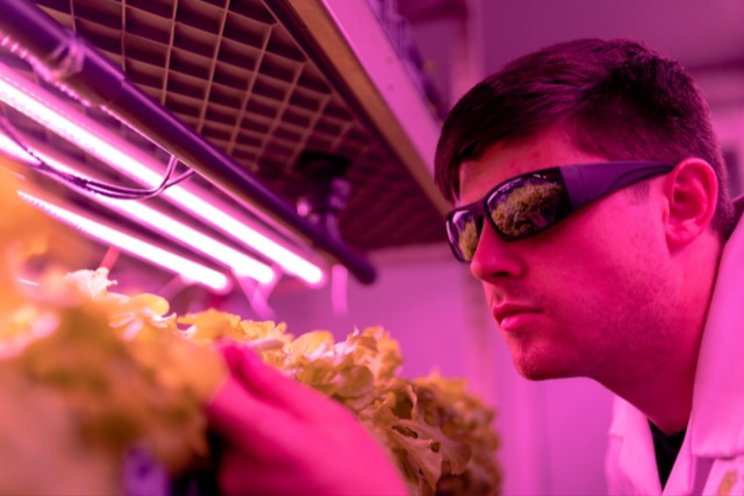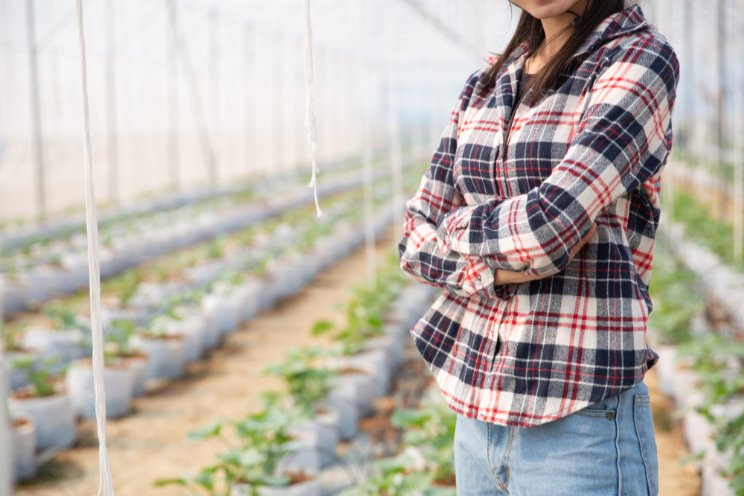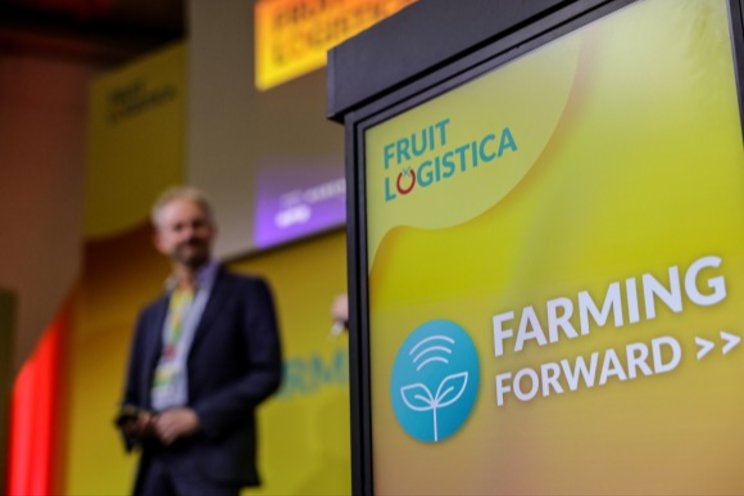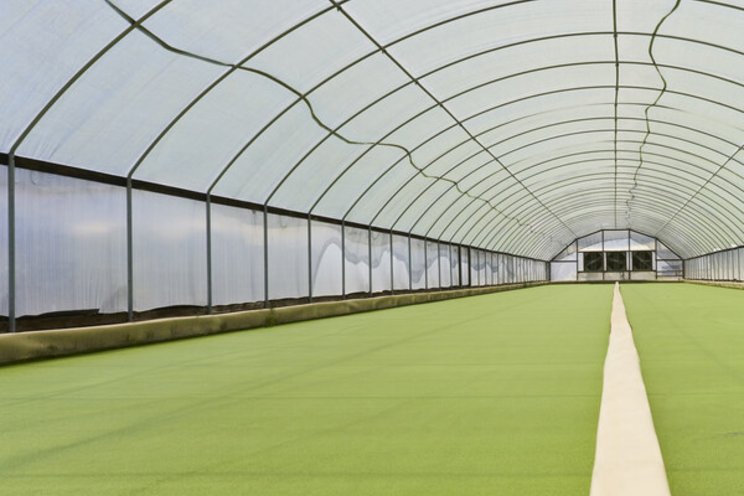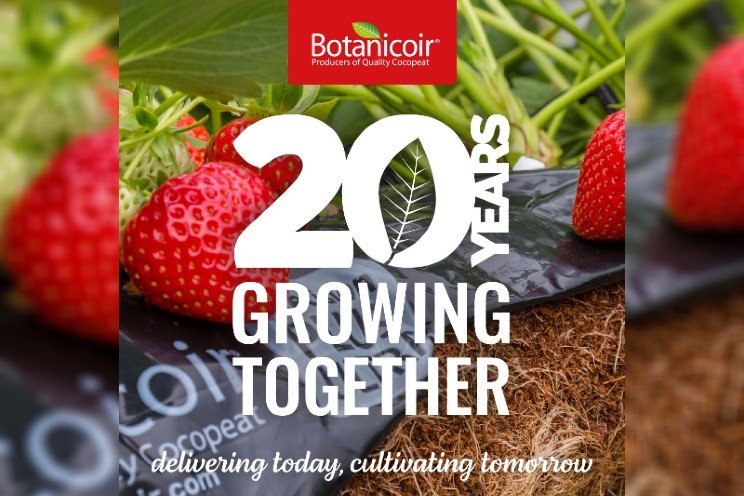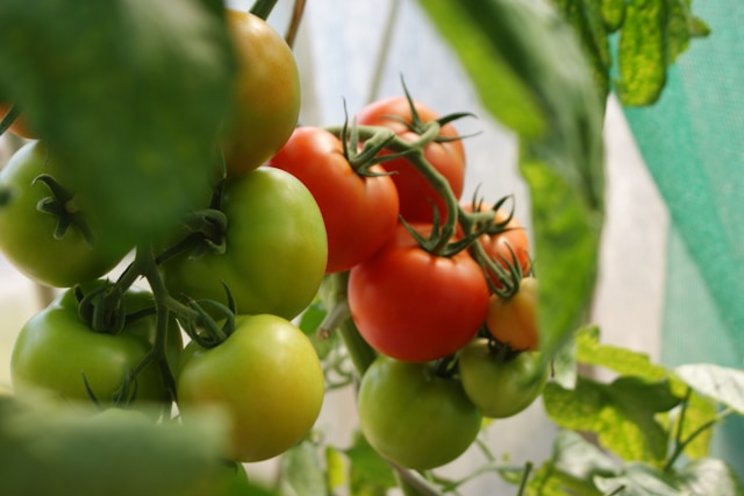Wildflowers instead of using chemicals
Added on 20 January 2020
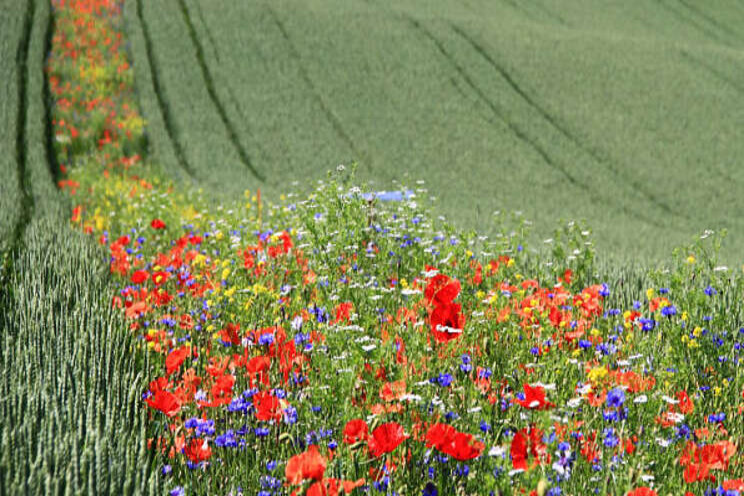
Typical farming methods have used pesticides as a way to control pests and other insects that could interfere with the development and profit of agricultural crops. This use of pesticides comes with considerable risk.
One significant concern is that pesticides are having a negative impact on bee populations. Another concern is they may negatively affect the health of the workers on farms. Also, as time moves forward, pests increase their ability to resist pesticides with continued exposure. This new method will hopefully fight pests more naturally, without the negative impact of pesticides.
The method plants wildflowers around the crops being planted. This is actually an old practice that consists of growing flowers in and around farms. The flower beds provide a home for beneficial pest-predators such as parasitic wasps. These wasps are beneficial because they eat aphids and aphid larvae.
The flower strips being planted are known as a "bug highway." They are planted in between the crops. When mixed with herbs, studies have shown that these flower strips are effective in reducing the leaf damage associated with crops.
This method increases biodiversity and promotes safe and natural pest control. Despite this, this method does not entirely eliminate the presence of some pests on crops. The method does, however, contribute to a pest population that is reduced to the point that they will not significantly hinder crop growth. Just as important is the reduction of pesticide use.
Source and photo courtesy of Disclose.tv
Source: Disclose.tv
More news
